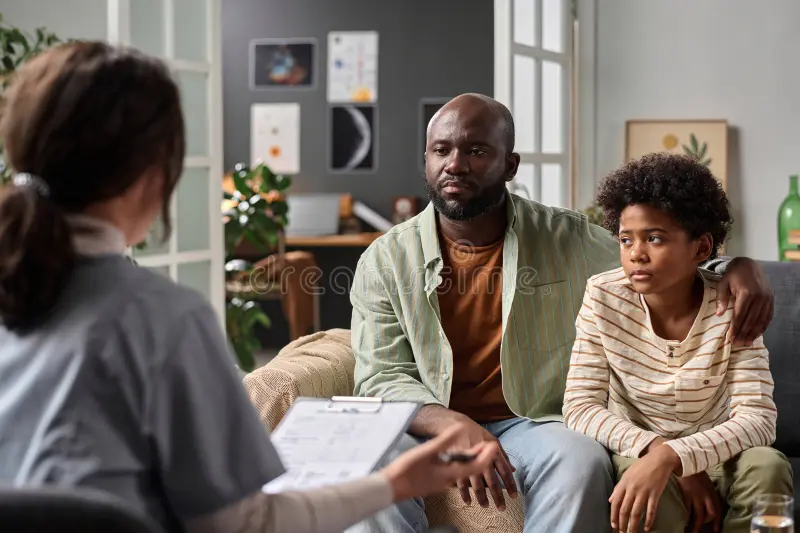24/7 Helpline:
(866) 899-111424/7 Helpline:
(866) 899-1114
Learn more about Bipolar Disorder Treatment centers in West Baton Rouge County
Bipolar Disorder Treatment in Other Counties

West Baton Rouge Behavioral Health
West Baton Rouge Behavioral Health is an outpatient facility that offers treatment for individuals w...

































Other Insurance Options

WellCare Health Plans

Lucent

Aetna

Ceridian

Holman Group

Regence

Oxford

CareFirst

UMR

MVP Healthcare

Horizon Healthcare Service

United Health Care

UnitedHealth Group

Evernorth

Excellus

Sutter

Amerigroup

Humana

Covered California

Health Choice